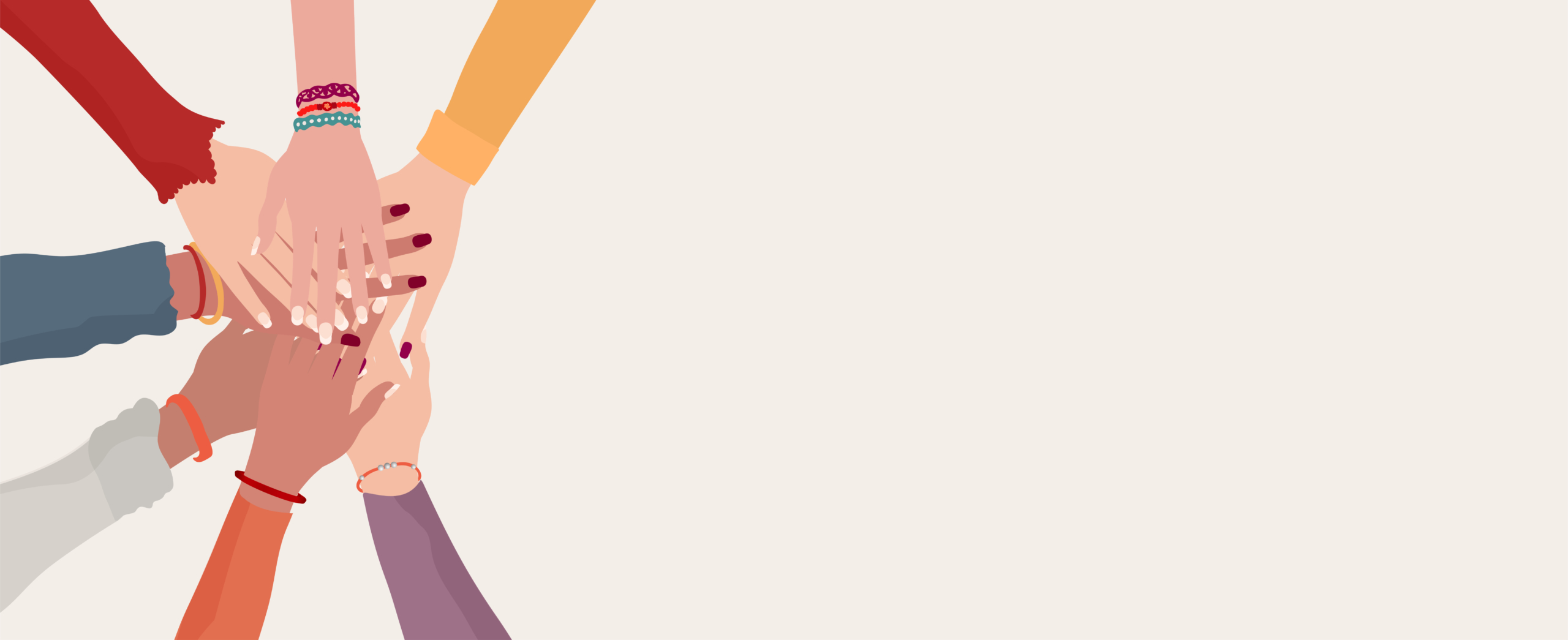Stakeholders
Stakeholders are individuals or groups who are positively or negatively affected by, or can themselves influence, sex diversity policy. This is a brief and incomplete overview of the organizations known to have a greater than average influence on sex diversity policy.
Many countries have already received several recommendations from the United Nations to better protect the rights of intersex people. The United Nations plays an important role in holding member states accountable for the violation of intersex people’s human rights. There is now a large number of UN publications that are regularly cited by intersex organizations. Want to read more about the recommendations made? Take a look at www.intersexrights.org.
Transgender Europe is the umbrella organization for European trans organizations. TGEU has 105 member organizations in 42 countries.
The 47 member states, including 28 that are members of the European Community, are signatories to the European Convention on Human Rights, a treaty designed to protect human rights, democracy and due process. The Commissioner for Human Rights published the report “Human Rights and Intersex People” in 2015. This report was followed in 2017 by Resolution 2191(2017) of the Parliamentary Assembly of the Council of Europe advising member states to respect the rights of intersex people.
OII Europe is the only intersex-led umbrella organization fighting for the human rights of intersex people in Europe.
Human Rights Watch published a 2017 report on intersex together with the American organization InterAct.
Decisions by the European Parliament affect the 28 member states of the EU. The European Parliament has spoken out in resolutions against the ‘normalizing’ treatment of intersex children and in favour of including discrimination based on sex characteristics in anti-discrimination legislation.
The European Community, or EU, is an economic and political partnership of 28 countries. One of the EU’s main objectives is respect for human rights, both within the EU and outside it.
European Union Agency for Fundamental Rights or European Agency for Fundamental Rights. FRA provides EU institutions and Member States with expert advice on a range of topics related to the fundamental rights of EU residents.
Amnesty International took an energetic approach to intersex rights in Europe in 2017 with a clear report on the situation in Denmark and Germany.
ILGA-Europe is the European chapter of ILGA (World). It is an umbrella organization for 490 member organizations in 45 European countries.
ILGA stands for International Lesbian, Gay, Bisexual, Trans and Intersex Association (the B, T and I were added later). Human rights organisation ILGA is an umbrella organization for over 1200 organizations from 132 countries that works towards the equality of LGBTI people and the ending of all forms of discrimination against them. ILGA tries to achieve this goal by working together on a global scale, and by supporting its member organizations. ‘Intersex’ was added to the name in 2008. ILGA is based in Geneva, Switzerland, and is often active in the UN in Geneva.

